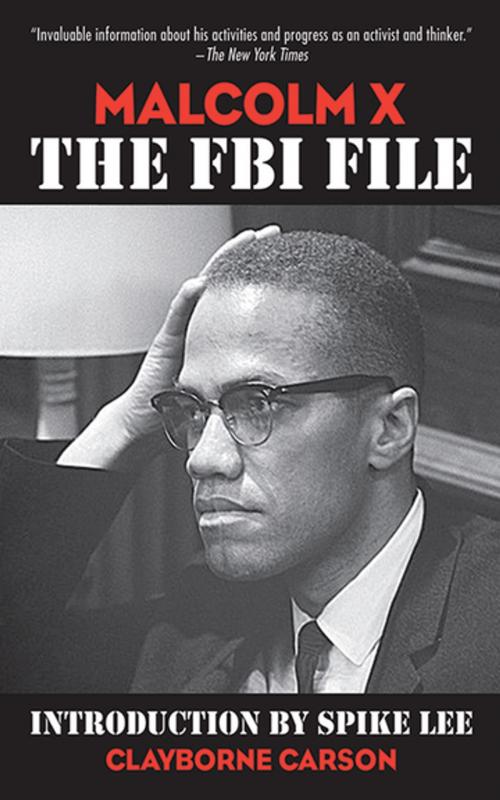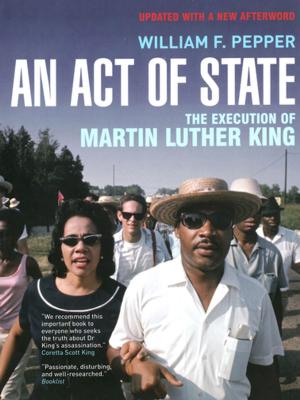Malcolm X
The FBI File
Nonfiction, Social & Cultural Studies, Social Science, Cultural Studies, African-American Studies, History, Americas, United States, 20th Century, Military| Author: | Clayborne Carson | ISBN: | 9781626366381 |
| Publisher: | Skyhorse Publishing | Publication: | February 1, 2012 |
| Imprint: | Skyhorse Publishing | Language: | English |
| Author: | Clayborne Carson |
| ISBN: | 9781626366381 |
| Publisher: | Skyhorse Publishing |
| Publication: | February 1, 2012 |
| Imprint: | Skyhorse Publishing |
| Language: | English |
This revealing look at the slain civil rights leader offers “invaluable information about his activities and progress as an activist and thinker” (The New York Times).
From March, 1953 forward, shortly after he was released from a Boston prison, the FBI watched every move Malcolm Little—aka Malcolm X—made. They read his private letters, monitored his phone calls, taped his interviews, and shadowed him wherever he went—except to the Audubon Ballroom on the day of his death.
Their files on him totaled more than 3,600 pages, covering every facet of his life. Now, viewing the file as a source of information about the ideological development and political significance of Malcolm X, historian Clayborne Carson examines Malcolm's relationship to other African-American leaders and institutions in order to define more clearly Malcolm's place in modern African-American history.
With its sobering, close scrutiny of the FBI and the national policing strategies of the 1950s and 1960s and its look at such issues as the relationship between J. Edgar Hoover and black civil rights leaders, Malcolm X: The FBI Files is one-of-a-kind: never before has there been so much material on the assassination of Malcolm X assembled in one place.
This revealing look at the slain civil rights leader offers “invaluable information about his activities and progress as an activist and thinker” (The New York Times).
From March, 1953 forward, shortly after he was released from a Boston prison, the FBI watched every move Malcolm Little—aka Malcolm X—made. They read his private letters, monitored his phone calls, taped his interviews, and shadowed him wherever he went—except to the Audubon Ballroom on the day of his death.
Their files on him totaled more than 3,600 pages, covering every facet of his life. Now, viewing the file as a source of information about the ideological development and political significance of Malcolm X, historian Clayborne Carson examines Malcolm's relationship to other African-American leaders and institutions in order to define more clearly Malcolm's place in modern African-American history.
With its sobering, close scrutiny of the FBI and the national policing strategies of the 1950s and 1960s and its look at such issues as the relationship between J. Edgar Hoover and black civil rights leaders, Malcolm X: The FBI Files is one-of-a-kind: never before has there been so much material on the assassination of Malcolm X assembled in one place.















